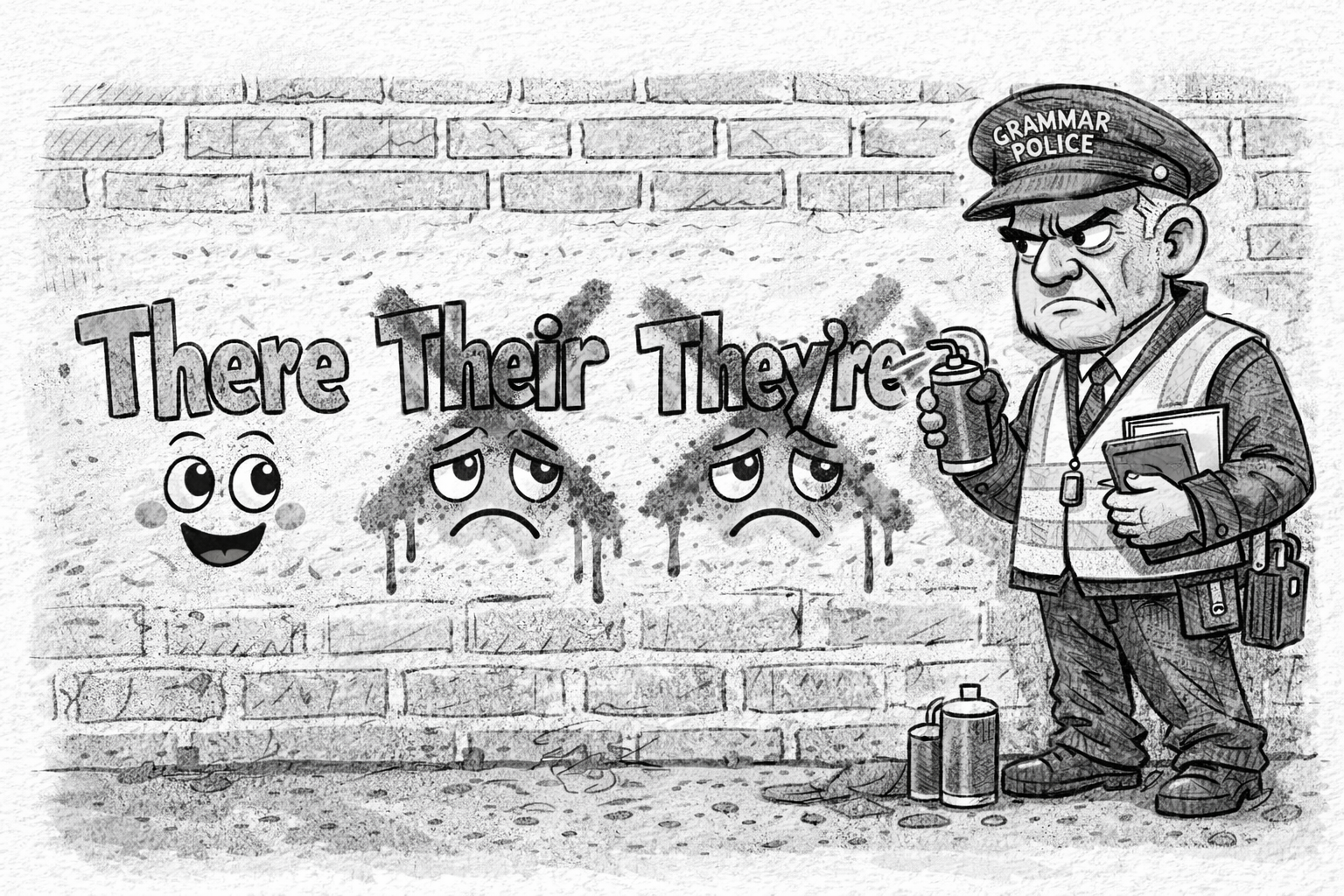How Does Nostalgia Influence Mental Health?
Nostalgia, a sentimental longing for the past, is a universal and complex emotion that can significantly impact mental health. While often associated with a wistful yearning for bygone days, nostalgia can also provide comfort, enhance well-being, and serve as a psychological resource in times of distress. Understanding the multifaceted ways in which nostalgia influences mental health can offer insights into how individuals can harness this emotion for positive psychological outcomes.
The Nature of Nostalgia
Nostalgia is a multifaceted emotion that combines elements of happiness and sorrow. It often involves the recollection of cherished memories and experiences, typically from childhood or significant life events. The content of nostalgic memories can include relationships, places, and personal achievements, creating a rich tapestry of emotional and sensory details.
Psychological Functions of Nostalgia
Enhancing Mood and Well-Being:
Nostalgia has been shown to improve mood and increase feelings of happiness. A study by Wildschut et al. (2006) found that nostalgic recollections often evoke positive emotions, helping to counteract negative feelings and enhance overall well-being. By focusing on positive past experiences, individuals can elevate their current mood and foster a sense of contentment.
Fostering Social Connectedness:
Nostalgic memories often involve significant others, such as family and friends, which can strengthen feelings of social connectedness. Routledge et al. (2013) demonstrated that nostalgia can increase perceptions of social support and reduce feelings of loneliness. This sense of connectedness is crucial for mental health, as strong social bonds are associated with lower levels of depression and anxiety.
Promoting Self-Continuity:
Nostalgia helps maintain a sense of self-continuity by linking the past with the present. This continuity can enhance self-esteem and identity, as it reinforces a coherent narrative of one’s life. Research by Sedikides et al. (2008) suggests that nostalgic reflections can boost self-esteem by reminding individuals of their personal strengths and achievements.
Buffering Against Stress and Adversity:
Nostalgia can serve as a coping mechanism during times of stress and adversity. By recalling positive past experiences, individuals can draw strength and resilience to face current challenges. Zhou et al. (2008) found that nostalgia can mitigate the effects of stress and increase resilience by providing psychological comfort and a sense of stability.
Nostalgia and Mental Health Conditions
Depression:
The relationship between nostalgia and depression is complex. While nostalgia can alleviate depressive symptoms by enhancing mood and social connectedness, excessive or maladaptive nostalgia may exacerbate feelings of sadness and loss. It is important for individuals with depression to balance nostalgic reflections with present-focused coping strategies.
Anxiety:
Nostalgia can reduce anxiety by fostering a sense of security and continuity. However, for some individuals, nostalgic memories may trigger anxiety if they highlight a perceived decline in life circumstances or unattainable ideals. Understanding the triggers and context of nostalgic thoughts is crucial for managing their impact on anxiety.
Loneliness:
Nostalgia is particularly effective in combating loneliness. By reinforcing social bonds and connectedness, nostalgic reflections can alleviate feelings of isolation. However, it is important to complement nostalgic coping with active social engagement to build and maintain meaningful relationships in the present.
Side Note
While nostalgia generally offers positive benefits, it's important to recognize potential downsides. Maladaptive nostalgia, characterized by rumination on a glorified past that feels unattainable in the present, can contribute to feelings of dissatisfaction and low self-esteem. Additionally, dwelling excessively on nostalgic memories may hinder individuals from moving forward and embracing new experiences.
Practical Applications of Nostalgia
Therapeutic Interventions:
Therapists can incorporate nostalgia into treatment plans to enhance mood, self-esteem, and social connectedness. Techniques such as guided reminiscence therapy can help individuals access positive memories and utilize them as a resource for emotional regulation and coping.
Daily Practices:
Individuals can intentionally engage with nostalgic memories through activities such as journaling, listening to music from their past, or revisiting meaningful places. These practices can serve as a source of comfort and joy, especially during challenging times.
Community and Social Activities:
Community events that celebrate shared history and cultural heritage can foster collective nostalgia and strengthen social bonds. Participating in such activities can enhance a sense of belonging and community support, contributing to overall mental health.
Simply Put
Nostalgia is a powerful and multifaceted emotion that can significantly influence mental health. By enhancing mood, fostering social connectedness, promoting self-continuity, and buffering against stress, nostalgia serves as a valuable psychological resource. However, its impact can vary depending on individual circumstances and contexts. Understanding how to harness nostalgia in a balanced and adaptive way can offer substantial benefits for mental well-being.







